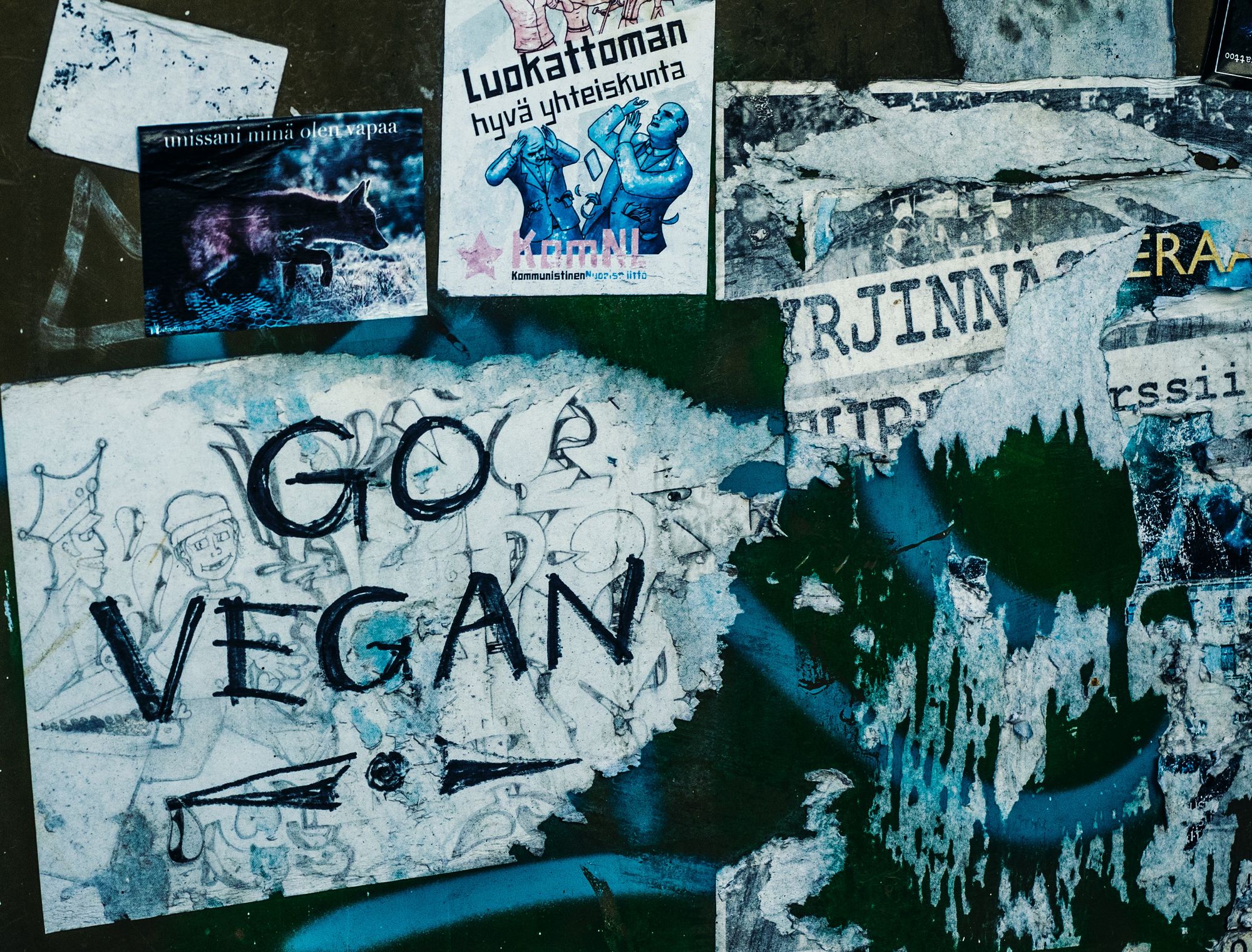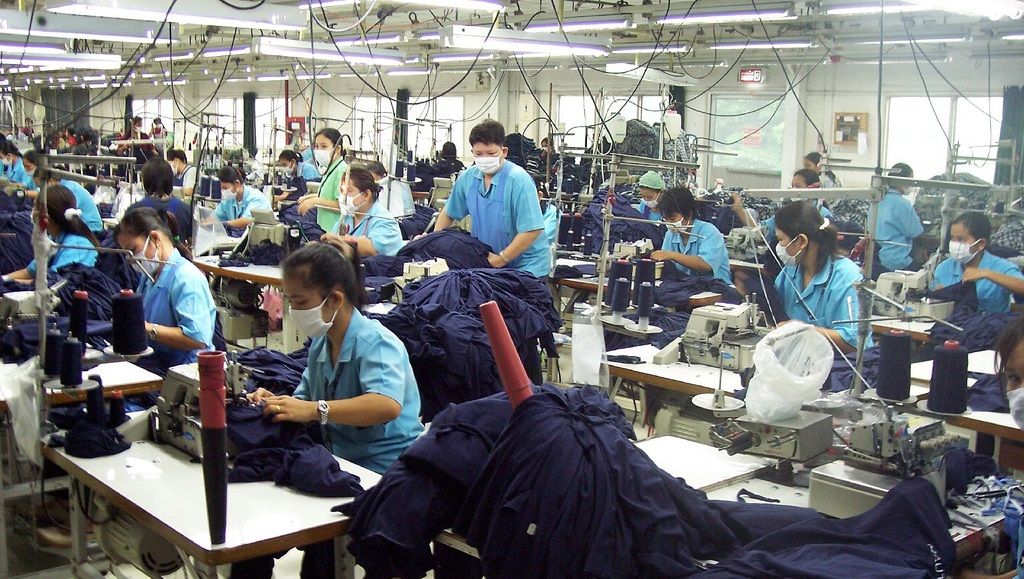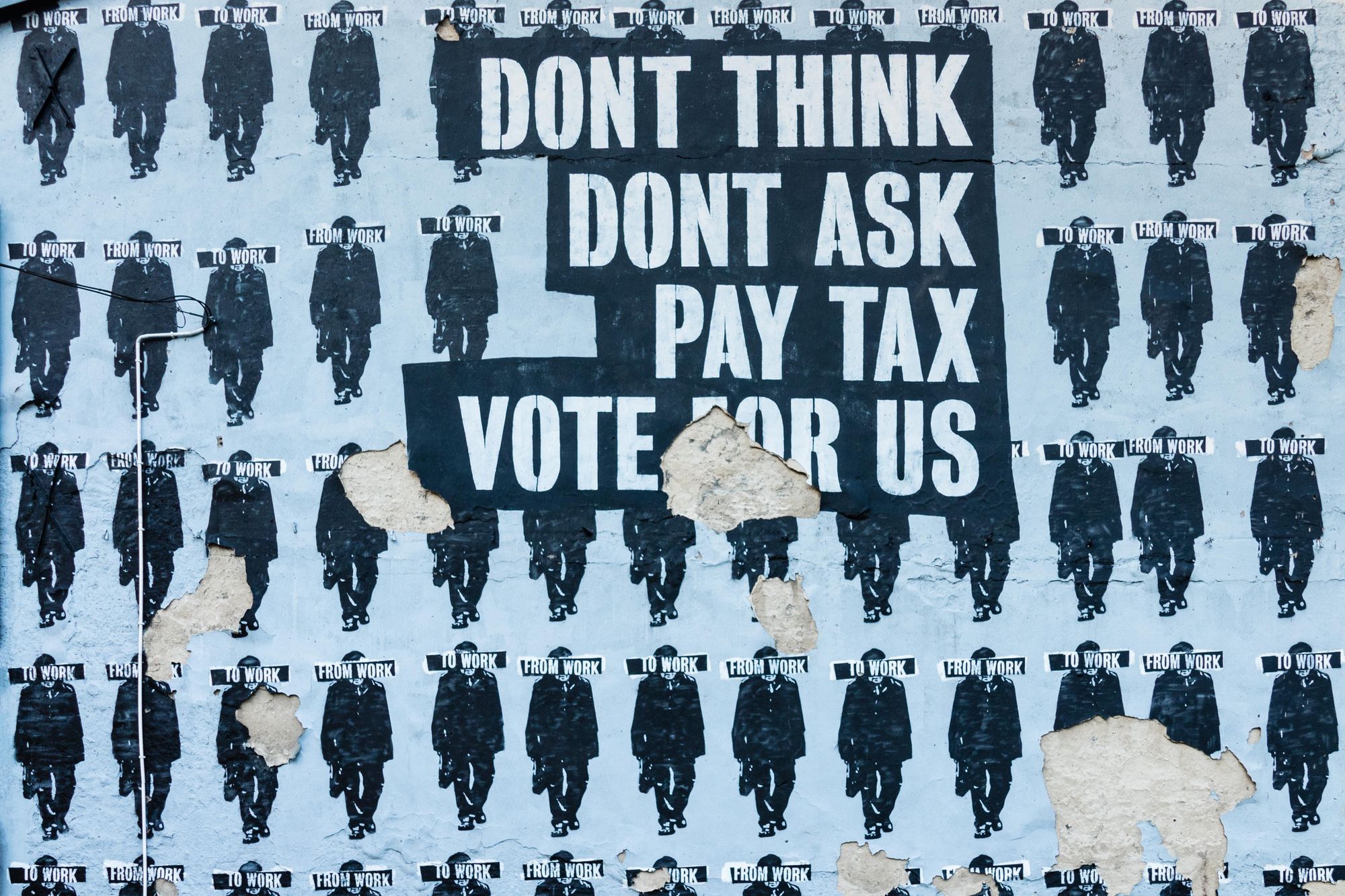Piolets d'Or Announces the "Significant Ascents" of 2023
This list of 68 climbs is effectively a "long list" used to select nominees of the prestigious alpine award.
Trump is in climate denial; it's up to us to turn the tides on climate change.

[su_quote]Good men, the last wave by, crying how bright Their frail deeds might have danced in a green bay, Rage, rage against the dying of the light. - Dylan Thomas[/su_quote]
At The Outdoor Journal, we've been discussing how the US leadership continues to let us down and outright deny climate change. But what can we do as individuals to stem the problem? Although the global scale of climate change feels too gargantuan for just one person to fight it, there are choices we can make on a daily basis that can make a difference. Our daily habits do have measurable results on our environment and make up an economic power over corporations and industries that need us to sustain them.
Stop eating meat and the Earth will thank you for it.
Stop eating meat and the Earth will thank you for it. According to the National Climate Assessment, a report released last week by the Federal government, “Rising temperatures, extreme heat, drought, wildfire on rangelands, and heavy downpours are expected to increasingly disrupt agricultural productivity in the United States.” The report asserts that “Climate change is also expected to lead to large-scale shifts in the availability and prices of many agricultural products across the world.” As crop yields drop and livestock populations fall off, a momentous shift towards plant-based eating may be inevitable. Beyond individual health benefits, a plant-based diet eliminates the environmental pressures caused by factory farming, an industry that is already contributing to climate change.

According to a recent report that studied the impact of global food systems on climate change, the production of animal products generates the majority of food-related greenhouse-gas emissions, in fact, up to 78% of total agricultural emissions. For example, cattle require farmland, feed and fresh water in vast excess to plants like legumes, while also emitting the greenhouse gas methane. In a vicious cycle, we are growing plants to feed the animals that contribute to climate change (that we then slaughter to feed ourselves). Why not just cut out the animal factory farming from the equation?
At the individual level, researchers at the University of Oxford found that switching to a plant-based diet could reduce your carbon footprint from food by up to 73%. Zoom out to the planetary scale and we find that if everyone on Earth removed meat from their diet it would free up 75% of farmlands - that’s the size of the US, China, Australia and the EU combined.
While the idea of switching to a plant-based diet may appear daunting to some, one approach to try would be to commit to one plant-based meal per day as a start, and scale up from there.
The fashion industry contributes the same amount of greenhouse gas as Russia per year.
1999’s Fight Club by Chuck Palahniuk asserted a social commentary on consumerism within the United States. “Advertising has us chasing cars and clothes, working jobs we hate so we can buy shit we don't need.” Consumers who purchase new clothes and quickly discard them based on rapidly changing trends might not realize that it takes 2,700 litres of water to produce a single t-shirt. At The Outdoor Journal, we’ve exposed the environmental harms as well as the poor working conditions beget by fast-moving fashion.

According to an analysis of the World Resources Institute summit, the fashion industry contributes 5% of global greenhouse gas emissions - which equates to all plane travel across the planet, or the yearly emissions impact of Russia.
As individuals, we can pull the reins on the fashion industry by changing our mindset to a more sustainable, slow fashion movement. You could do your research to discover the most environmentally conscious brands and boycott the bad-actors. Reach out to your favorite brands with your concerns. Or you could buy clothes less often, shop at vintage stores and learn to repair your worn clothes. Cheers to making this New Year’s resolution to feeling more satisfied with the clothes that you already own.
For those of us who are truly concerned with the mounting perils of climate change, one option would be to put your money where your mind is. In a similar vein to Patagonia’s CEO donating the company’s entire $10M Trump tax cut to non-profit groups who work on issues related to climate change and the environment, we could each pledge our tax refunds to the difference-making group of our choice.

Or we could look to the youth of the nation for inspiration and take to Capitol Hill.
Juliana v. US, also known as the Children’s Climate Lawsuit was filed in 2015 and now includes 21 plaintiffs between the ages of 11 and 22, who argue that the government’s engagement in policies that contribute to climate change have caused irreparable harm to their generation by denying them a safe climate. The plaintiffs are seeking a judgment that forces the government to initiate policies to curb climate change.
It is our fundamental right to a clean environment.
As the Children’s Climate Lawsuit argues, it is our fundamental right to a clean environment. However, a devil’s advocate might argue that individual choices are illusory - that changing your eating and shopping habits might give you a psychological benefit of feeling like you are making a difference, while in the grand scheme of things, you’re not. But that’s not true. Even though we as individuals have less direct power to fight climate change than the industries and corporations that are contributing the most harm, we do have a voice. As consumers, our choices of what we eat and what we buy are an ongoing conversation with companies. You can further that conversation by voting in elections, attending debates and contacting politicians (it’s never been easier with social media). We have the ability and the responsibility to enact change. Indeed, the time for action is nigh.
Cover Photo by Miguel Bruna on Unsplash.
2nd best newsletter in the universe